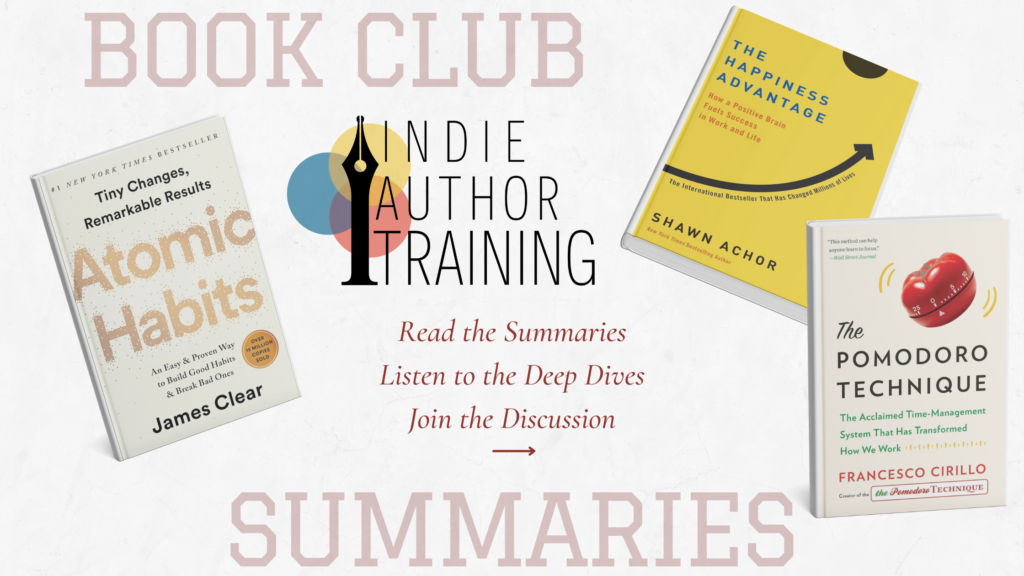Using Feng Shui to Frame Your Magic System
Sine Mairi MacDougall
Magic systems can be one of the most fun parts of world building. Readers also obsess over this part of fantasy. They are looking for clearly laid-out rules, so many authors base their fantasies off known systems. This gives readers something familiar, allowing them to fill in any blanks that might exist.
Feng shui offers an excellent basis for your magic system. Feng shui is the Chinese practice of geomancy—that is, the location of where objects are placed is significant and affects the energy of surroundings. This is true both for where objects are set down physically and where they are located in time and space. This ideology has been in practice for thousands of years and can be divided into two schools of thought: The Form school, which focuses on what can be seen with the naked eye, and The Compass school, which focuses on qi—or chi, the life-force energy that we cannot see. If you want to delve a little deeper into these practices, we recommend checking out Feng Shui Nexus for a great, simplified overview.
Feng Shui literally means “wind-water” and thus is heavily guided by the elements. The official Five Elements—water, wood, fire, earth, and metal—are the most significant. They exist in a natural cycle: water to grow wood, wood to spark fire, fire to create earth, earth to create metal, and metal to attract water (i.e., condensation). These elements make up all of creation and are considered dominant, depending on the material makeup of objects and beings.
For our purposes in developing a magic system for our made-up worlds, we need to focus on how the energy of these elements affects each other positively and negatively. They can simply exhaust each other or destroy each other, depending on the element in question. These inter-connections are logical conclusions. For example, if there is too much of one type of energy over another, they might cause an imbalance or bad luck for our protagonists. For example, too much water puts out fire. Medicines and rituals fall under these elemental guidelines that our protagonist and support characters might want to consider in their quests.
Polarity, which results from the yin-yang theory, is another important aspect. We could apply this principle to our antagonists to make them the perfect counter to our heroes. Our antagonist’s strengths are our hero’s weaknesses. Often we see this in our hero having a big heart and the antagonist appearing cold-hearted.
Astrology is a huge factor in a person’s qi as it determines the dominant energy forces in their life, revealing their strengths and weaknesses. This can help us shape the conflicts our protagonists will face and how they’ll solve them. For instance, 1986 is the Tiger year, and the element assigned to that cycle was fire, so someone born that year is a Fire Tiger. Astrology can also be used to make calendars for our worlds, determining their seasons. We can play with this on a cosmic scale and decide whether the planet we set our story in is Earth-like or more alien. Adjusting the number of visible celestial bodies in the sky, such as constellations, moons, and other planets, could have all kinds of interesting implications in our worlds and their energies.
Tools to consider for determining and measuring qi over the centuries have been calendars, rulers, astrolabes, and magnetic compasses. Most importantly, sacred texts are key to guiding practitioners. These objects give authors plenty of fuel to create gizmos and gadgets that add color and depth to story worlds. We can be as serious or facetious as we desire. Who wouldn’t want to create the cult of the sacred protractor?
We’ve barely scratched the surface of feng shui. One could spend a lifetime researching all its tenets and complexities. It just goes to show that some of the oldest teachings still give us great fuel for thinking.






